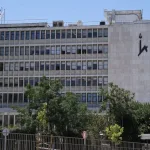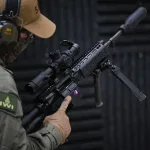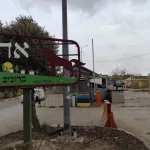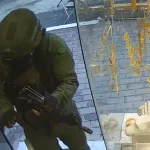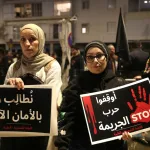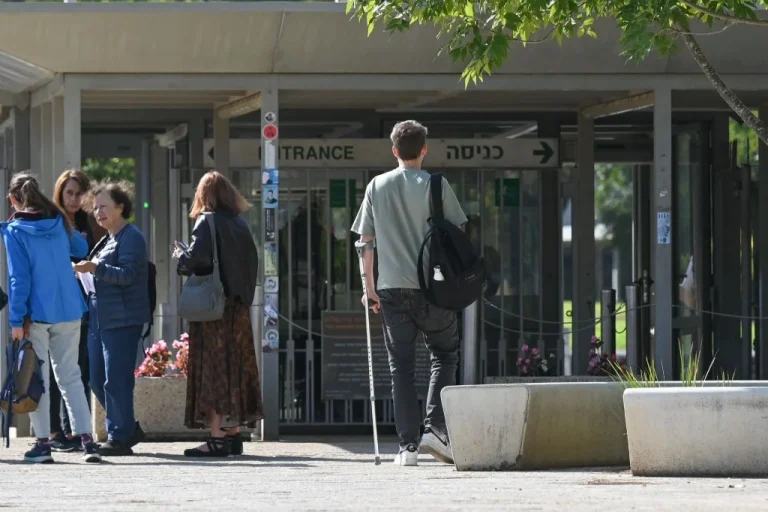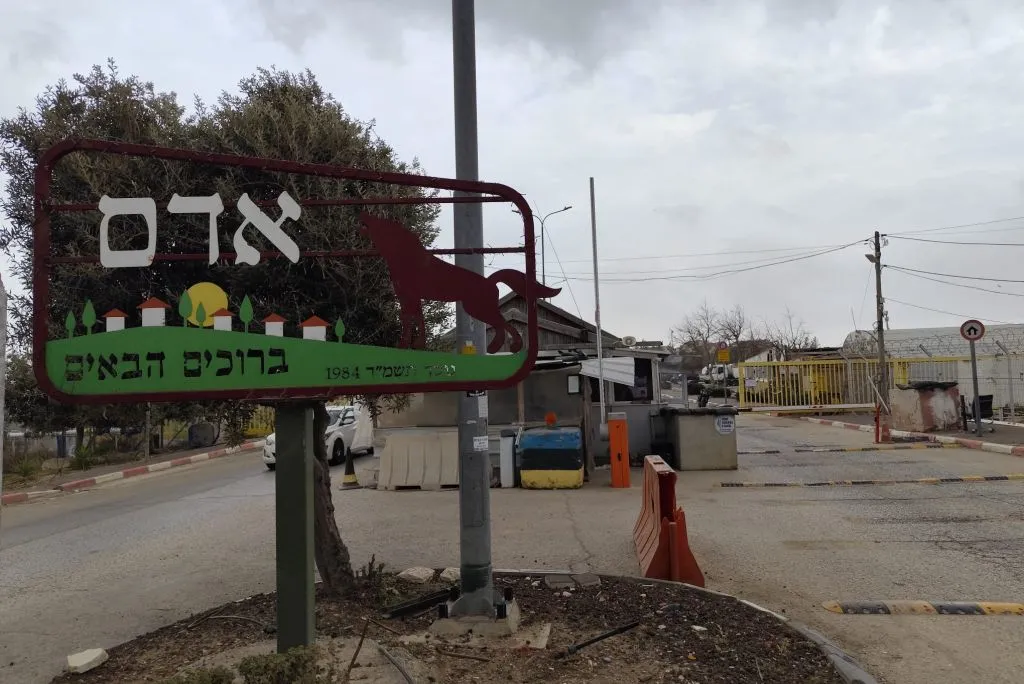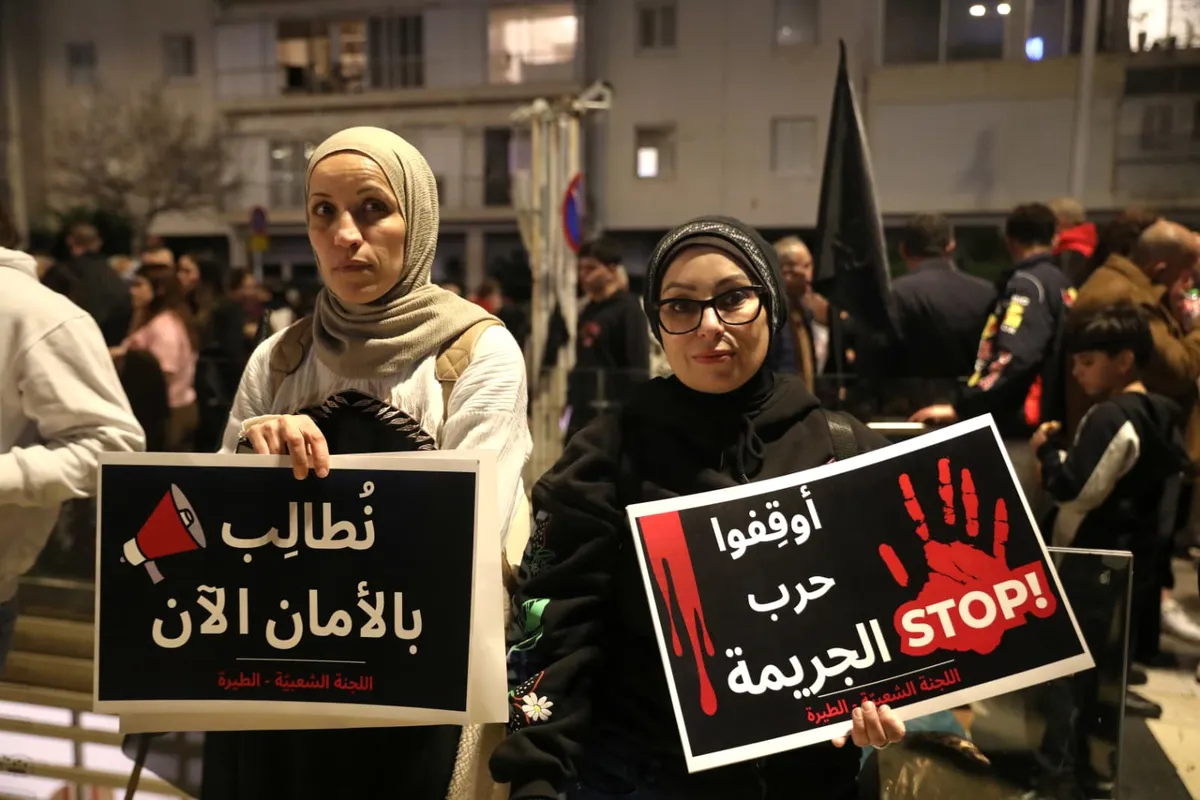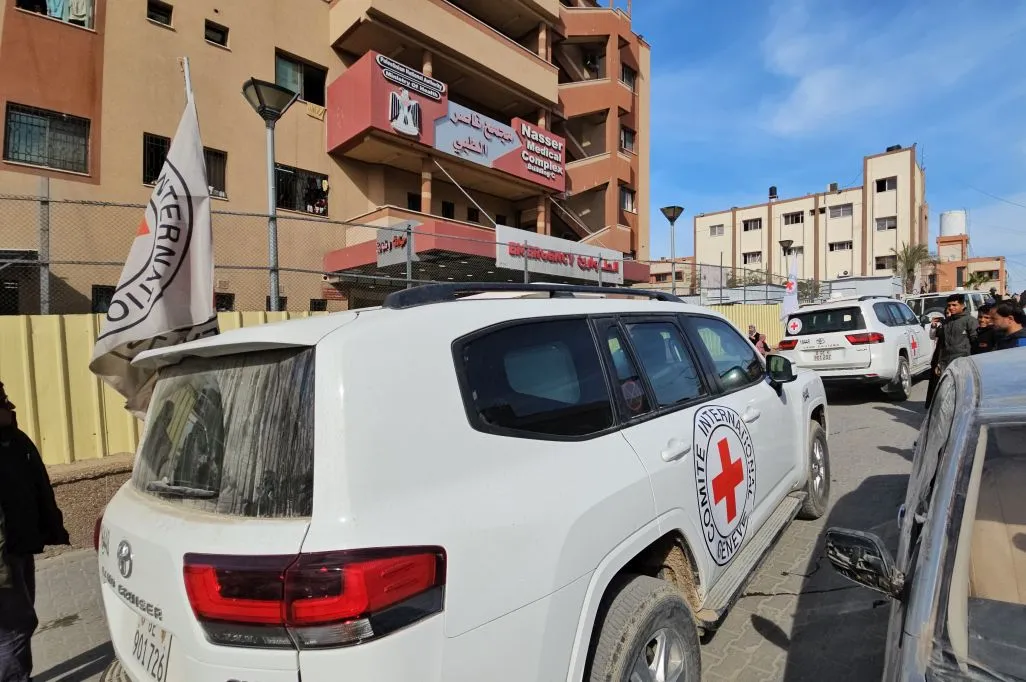Jerusalem, 18 November, 2025 (TPS-IL) — After two years of war, reserve duty students in Israeli higher education institutions are expressing widespread dissatisfaction with academic support, according to a State Comptroller report released on Tuesday. Reservist students also shared with The Press Service of Israel their experiences of repeatedly moving between class and combat.
The report, prepared by State Comptroller Matanyahu Englman, examined how Israel’s higher education system responded to the unprecedented mobilization that followed the October 7, 2023, Hamas attack. The Comptroller regularly audits Israel’s preparedness and the effectiveness of government policies.
According to the report, approximately 60,000 students—roughly 18% of all Israeli students—served in reserve duty during the 2023–24 academic year, with many serving extended periods. About 10,000 students served over 90 days between January and June 2024, representing more than half of that academic period.
“Students were required to mobilize for extended periods for the security of the state and its citizens; therefore, the Council for Higher Education and institutions must ensure that all rights they are entitled to and the required resources are fully secured to prevent, as much as possible, any harm to their academic, professional, and employment advancement,” the report stated. The Council for Higher Education is the regulatory body responsible for overseeing Israel’s higher education institutions.
However, surveys conducted by the State Comptroller revealed shortcomings. While 72% of institutions believed students were highly satisfied with academic support, only 31% of students reported high satisfaction levels. A striking 41% of surveyed students indicated they were dissatisfied with the assistance their institutions offered due to absences from reserve duty.
The report highlights mismatches between what students found most helpful and what institutions actually provided. Students identified tutoring sessions, written summaries of lectures, intensive courses, and completion weeks as most beneficial, yet many institutions failed to offer these services adequately.
Financial concerns were also a critical issue. Englman’s report found that 12% of 25 surveyed institutions did not provide full tuition refunds to reserve duty students who withdrew from studies, and 32% did not refund registration fees.
“The Council for Higher Education did not establish guidelines … concerning financial refunds for registration cancellation and tuition refunds for students who were called to reserve duty and forced to cancel or discontinue their studies,” the report noted.
Budget utilization revealed additional problems. Institutions used only NIS 124 million ($38.45 million) of the NIS 195 million ($60.47 million) allocated specifically for supporting reserve duty students—less than two-thirds of available funds.
The audit also documented 1,423 reserve duty students who dropped out during the 2023–24 academic year. No comprehensive analysis was conducted to identify reasons for student attrition, Englman reported.
From Combat to Campus and Back
Interviews with reservist students illuminate the personal impact behind these figures. TPS-IL changed the names of the students because none wanted to be identified by name. As one student put it, “I don’t want arrest warrants.”
Ronnie, 29, is a computer science student at Ariel University. In the last two years, he has served 350 days in a tank unit and has another round of reserve duty coming up.
“I was in my final year of studies when the war began. I went into five months of reserve duty. Obviously the whole beginning of the academic year went down the drain… Luckily, it was my last year, so there wasn’t that much left.”
He recalled the challenges of returning from combat to campus. “There were days where I had just come from Gaza. Seeing people living a normal daily life – it was a crazy shock. It takes time to adjust.”
Then there were the professional setbacks: “For two years, I had nothing to look for in terms of employment… Every two or three months I had reserve duty. It’s like a wheel rolling downhill – over time it gets harder.”
Benny, 25, is studying psychology and economics, also at Ariel University. He served approximately 300 days.
“It was hard for me that reserve duty hit right at the beginning of the academic year… But specifically at Ariel, they’re very, very supportive… Alternative assessments instead of exams, tutors, flexibility with assignments. You feel the hug for reservists.”
He added, “They should make it possible for you to go to reserve duty with peace of mind, or at least as much peace as possible, and not constantly be stressed about studying in the middle of nowhere. There were people opening textbooks in Gaza.”
Uri, a political science student at Hebrew University of Jerusalem has done 370 days of reserve duty. “Since the war, the reserves themselves have become my routine and everything else has taken a lower place… The transition from making life-and-death decisions to sitting in a classroom is intense. It requires a lot of mental strength,” he told TPS-IL.
“What I would like the public to understand is that there is a huge gap around the experience of war itself between civilian and military society. While civil society has long since adapted to the situation, those who are in the reserves continue to experience the war at its peak,” he added.
Michael’s studies in politics and media at the Jerusalem Multidisciplinary Academic Center were interrupted by 350 days of reserve duty.
“The college is very considerate. Exemptions from courses helped me the most… They could have told a student to deal with it, but they came to their aid,” he told TPS-IL.
“The exemptions from the courses are the things that helped me the most, The fact they gave me an exemption from a course and reduced my load,” he added.
The State Comptroller recommended that the Council for Higher Education develop a long-term strategic plan for supporting reserve duty students, establish systematic oversight mechanisms, mandate periodic satisfaction surveys, and examine options for requiring institutions to provide full refunds to students forced to withdraw due to military service.
“These steps will reflect the state’s commitment to reserve duty soldiers who have sacrificed and continue to sacrifice greatly for the State of Israel and its residents,” the report said.





